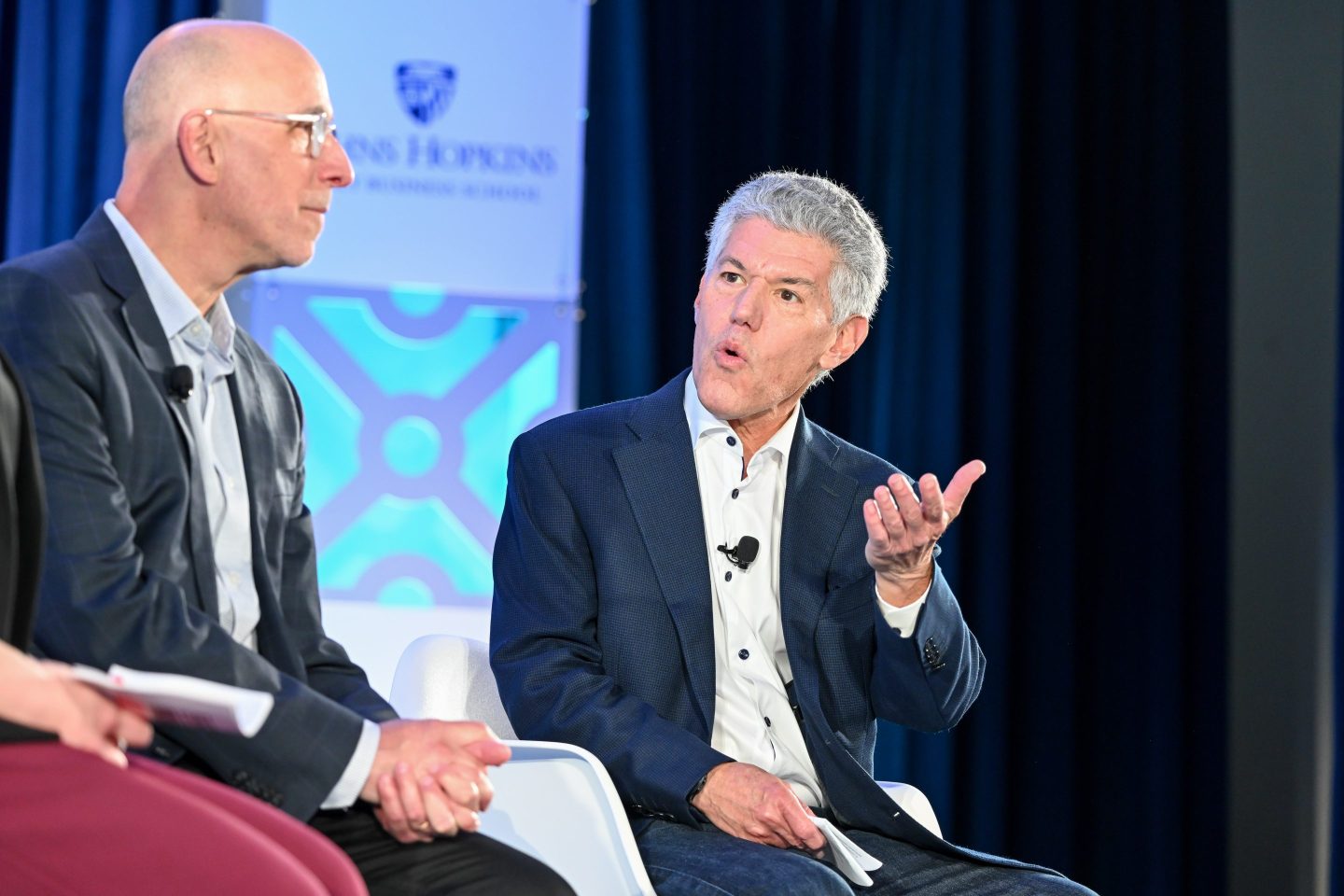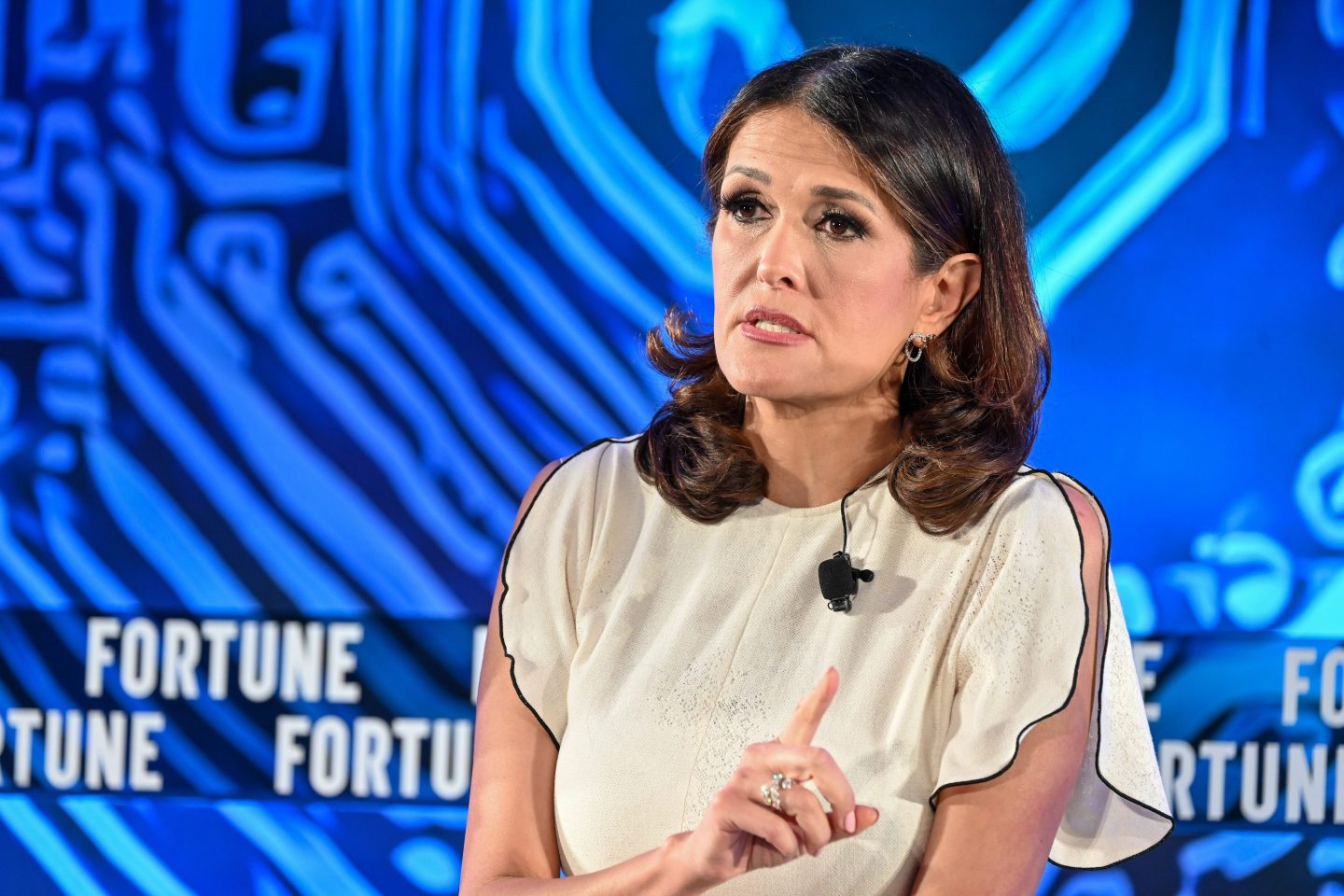It is literally a burning question. As fires rage across Brazil’s [hotlink ignore=true]Amazon[/hotlink] rainforest, how can the desire to develop land for poor farmers be reconciled with the urgent need to protect the environment for everyone?
The Amazon is essential for the global ecosystem. The planet’s largest ‘lung,’ the Amazon is a treasure trove of biodiversity in an age of extinction. But many farmers in Brazil are poor and want to work the land as a way to escape poverty. And so, with the blessing of the current Brazilian government, they started clearing the land, an effort that’s at least partly to blame for setting one of the world’s greatest resources ablaze.
“This is the burning season, and in the short term not a lot can be done,’’ said Jack Hurd, regional managing director in Asia-Pacific for the Nature Conservancy, at Fortune’s Global Sustainability Forum in Yunnan, China on Thursday. “It’s been happening in Indonesia for 25 years, and in other countries with large forested regions.”
However, there is hope in the longer term, Hurd said. It requires various actors and stakeholders to address five areas that could reverse the trend of destruction.
“We have to start by getting a true sense of the value of the Amazon, and other forests,’’ Hurd said. Knowing the economic worth of the rainforest’s biodiversity, oxygen production, and its effect on rainfall could and should be used to inform national decision making on both business and the environment, he said.
Land-use planning is second. Decisions need to be made about which areas will be protected, converted, or substantially managed in terms of rural development.
Third is developing an effective system of governance of the rainforest. Laws, policies, institutions, and the behaviors of people in those institutions must be upgraded to meet the long-term objectives Brazil has for the Amazon. A governance system and structure needs to be put in place, Hurd said.
Best management practices are also critical. “Mining is an important industry in the Amazon, and fundamentally, there is nothing wrong with mining,” Hurd argues. But mining, like cattle raising and crop farming, needs to put in place effective and sound management practices. “With efficient and progressive operations, we can maximize the returns on the land,’’ he said.
But, as always, someone has to pay for it. So governments around the world must address financing through various mechanisms, such as direct payments to Brazil by other countries, compensation funds, carbon climate funds, and tourism taxes.
“The point is to try and find a direct link between the people who value the Amazon and the businesses and individuals who utilize the land for their benefits,’’ Hurd said. “There are ways to pay for all of this that are fair and equitable.”
Otherwise, as the forests burn and disappear, we will all pay a price for inaction.
More must-read stories from Fortune:
—Watch here: Fortune Global Sustainability Forum 2019 livestream —Impossible Foods wants China to make its own meat —Dow CEO Jim Fitterling has a counter-argument to the plastic backlash —Former Sinopec chairman says Chinese executives think climate change can wait —China’s Yangtze river basin—the world’s third-largest economy—is at great riskGet Fortune’s The Loop newsletter on the revolutions in energy, technology, and sustainability.












